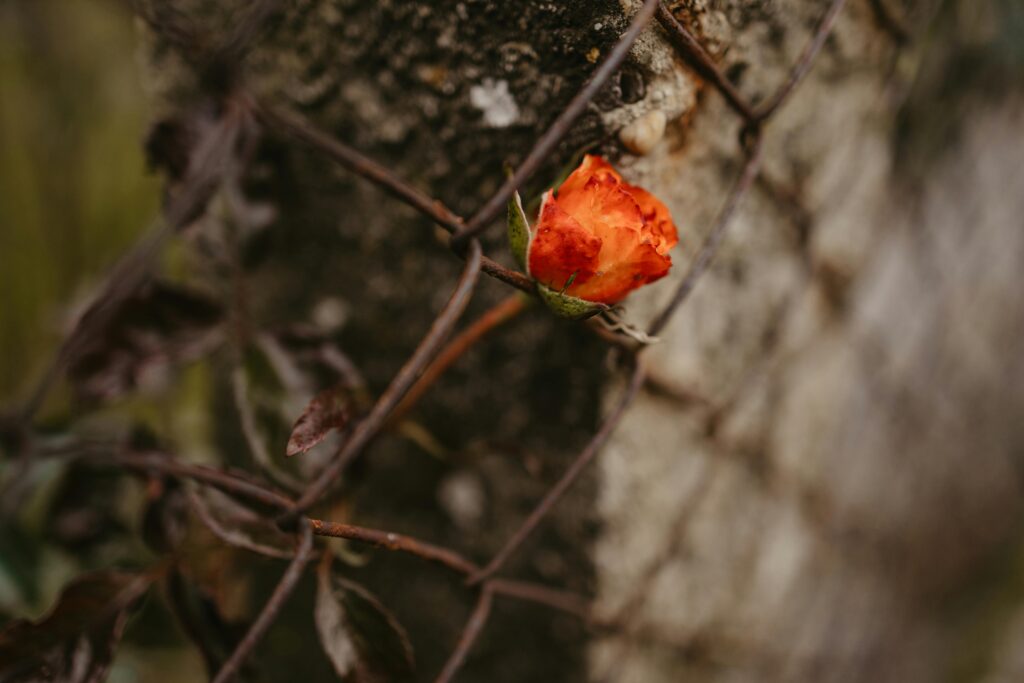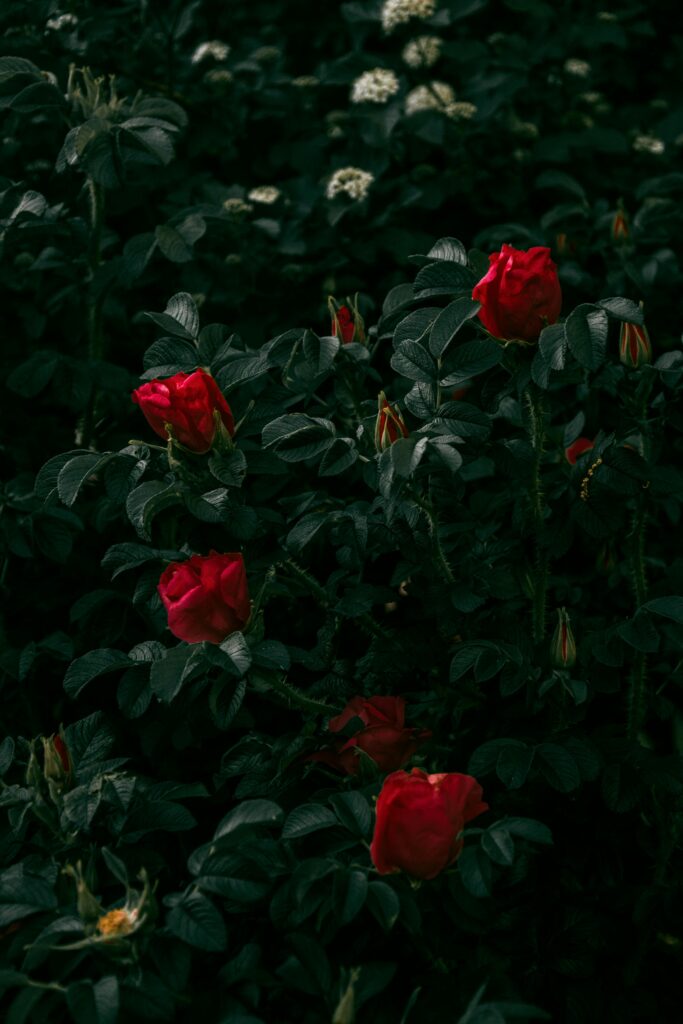5 simple tips to maintain a rose plant at home
The rose plant is a timeless favorite for adding beauty and charm to any space, and yes, you can absolutely keep a rose plant at home. Whether you’re looking for a rose plant for home décor or to brighten up your garden, having a rose plant in your home not only enhances the aesthetic appeal but also brings a soothing ambiance. To keep your roses thriving, follow essential rose plant care tips such as providing adequate sunlight, regular pruning, and proper watering. Understanding how to maintain a rose plant is key—ensure good drainage, use quality soil, and feed your plants with organic fertilizers. If you’re wondering how to maintain roses effectively, consulting experts or trusted sources like Balaji Rose Nursery can be a great start for guidance and premium-quality plants.
5 simple tips to maintain a rose plant at home
Roses not only give our gardens and bouquets wonderful beauty and smell, but they may also link us to our family and friends. With a little forethought, some know-how, and much interest, you can create roses that will inspire future relationships and smiles. The aroma of an old garden rose always reminds me of my grandmother, who had a bottle of rose water in hand. The rose water, I presume, was used to dab behind her ears on special occasions or to alleviate skin irritations that farm life undoubtedly created. Most likely, it was both. I am thankful that the smell may trigger that memory and redirect my thoughts to my industrious and caring Grandma. My parents plant a few lovely roses in their suburban Maryland yard.
Their cultivar names, if they were ever known, have long been lost. When I was a youngster, my mother would cut and delicately wrap the slender green stem of one of our roses in a moistened paper towel and then in aluminum foil. I would bring these wonderful gifts with enormous pleasure to my primary school instructors. The school bus trip was usually a rough one for Bloom. I can recall sitting in a high-back vinyl seat, clutching the crumpled aluminum foil vase tightly in my hand, relishing the exquisite aroma and begging the petals to stay united during the bumpy voyage.
Roses may give us so much beauty and delight. These techniques can help you help your roses and possibly lead to some great memories of your own.
Choose wisely:
Do your study. Roses are scored based on numerous criteria. In my perspective, the most significant of these is illness resistance. The less time you need to spend dealing with sickness, the better. Roses that are certified as resistant to fungal diseases such as black spot and powdery mildew should top your list
Give them what they need:
Generally speaking, roses require at least 6 hours of full sun a day (ideally in the morning), well-drained and nutrient-rich soil, and moderate quantities of water. Water should only be administered directly to the root zone, not to the leaf surface. Adequate sunshine and water provided to the roots exclusively will help limit the spread and prevalence of fungal illnesses.
Prune for structure:
When pruning roses in early spring, prune with the notion that opening the center of the plant or shrub will allow for more light penetration and air circulation. Allowing more light and air into the heart of the plant will produce an environment that is less favorable to the growth of fungal infections.
Keep a neat garden:
Eliminating dead, dying, and sick plants and plant pieces from your garden can help keep it healthy. This involves picking any potentially sick rose leaves that have fallen from the plant. Fungal spores on fallen leaves might overwinter and return in the spring to infect the plant.
Learn about your garden visitors:
Not all bugs are nasty. Get to know the insects that frequent your garden. Find out which insects genuinely represent a threat to the health of your plants (pests) and monitor their populations. Find out whether the pest has any natural predators (called beneficial insects) and monitor those numbers as well. A healthy garden should have both. If required, put extra beneficial insects into your garden; they are accessible through mail order. Bugs that are regarded as helpful insects are beneficial only at specific times in their life cycle.
The syrphid fly, for example, exclusively feeds on prey while it is in its larval stage. Adult syrphids don’t consume other insects; they devour nectar and pollen. Therefore, in addition to roses, establish other flowering plants that will provide a range of nectar and pollen sources throughout the growing season.
This will help your garden maintain natural enemies in all their life phases. Enjoy your roses. If you already have a lifetime of experience with them or are just beginning your trip, share your tale with Balaji Nursery through our Community of Gardens link.
I recommend checking out:
Last Updated on 4 weeks ago by Anjali Mehra Ph.D. in Horticulture (Punjab Agricultural University)
- Best Lawn Grass for Cold Climate in Kashmir - March 1, 2026
- Lawn Grass Lifespan in India – Which Grass Lasts Longest? - February 23, 2026
- Can Lawn Grass Grow Without Direct Sunlight? (2026 Expert Guide) - February 12, 2026


